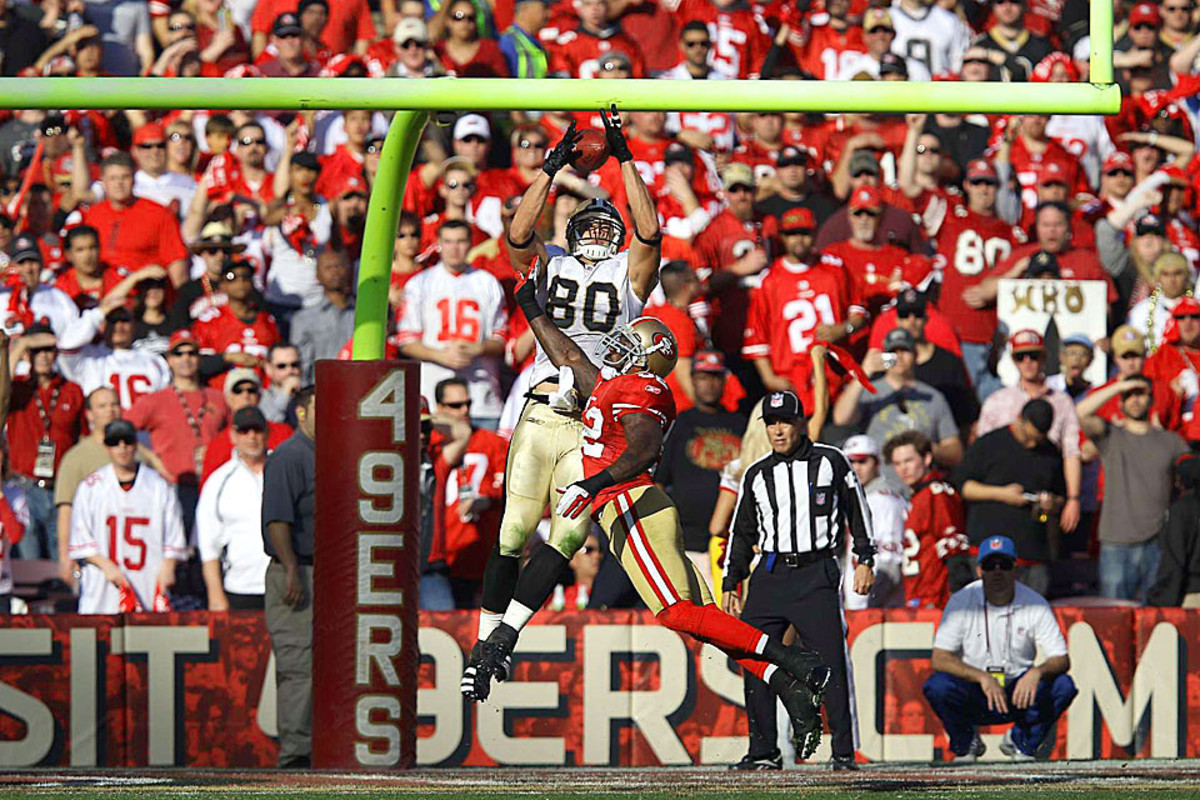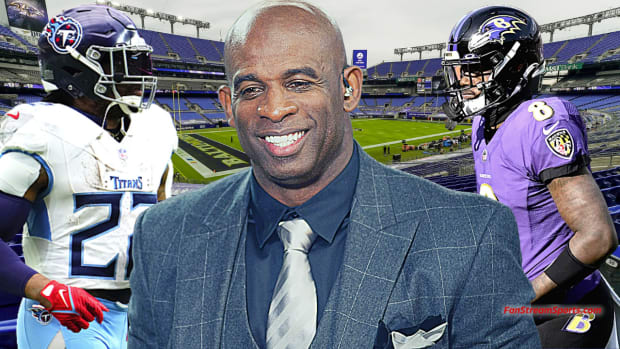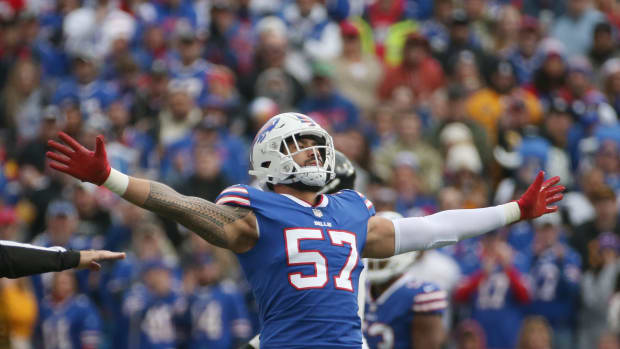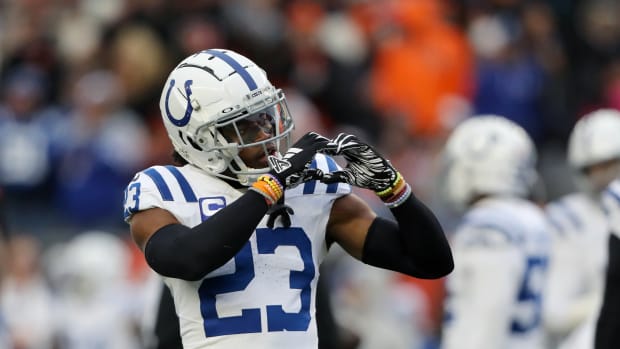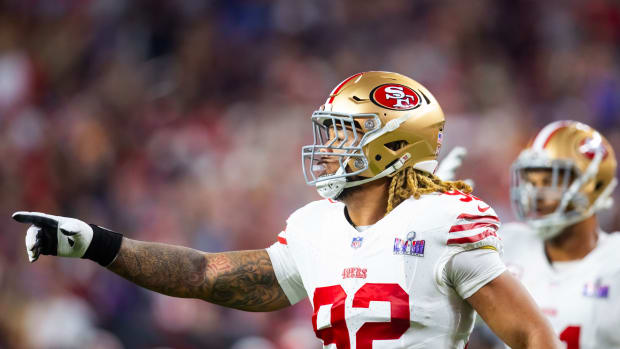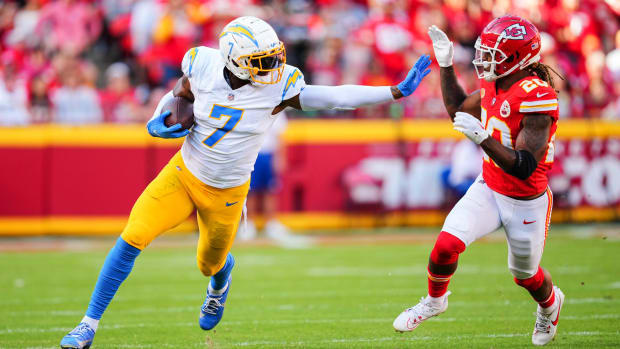Jimmy Graham Plays Tag
A hearing is set for this week to determine the franchise tag calculation for the Saints’ Jimmy Graham. At issue for the arbitrator is the proper tag amount to be applied to Graham—and to be counted against the Saints’ salary cap: the amount for a tight end ($7 million) or for a wide receiver ($12.3 million). Let’s look at the arguments:
Graham’s argument
The Players Association will focus on the specific language of the Collective Bargaining Agreement, basing the tag designation (and calculation) on the position "at which the Franchise player participated in the most plays during the prior League Year." Graham lined up outside the traditional tackle box—either in the slot position or at wide receiver—for 67 percent of his total plays in 2013. Thus, a strict legal reading—and, as we know by now, there will be lawyers—presents a simple, clear and persuasive argument for Graham.
NFL’s argument
The NFL Management Council will take a broader approach, trying to shift the discussion from a specific “number of plays” dispute to a deeper referendum on league-wide use of the tight end. They will present evidence to show Graham, Vernon Davis, Antonio Gates, Tony Gonzalez, Rob Gronkowski and others increasingly split out to create matchup advantages. And, in so doing, these players are still acting as tight ends, not wide receivers. Their positioning according to scheme, they will argue, should not change their designation for tag purposes.
Further, the NFLMC will drive home Graham’s official positional designation since entering the league: Graham played tight end in college, was drafted as a tight end, is listed on the roster and depth chart as a tight end, and was voted to the Pro Bowl as a tight end, etc.
The precedent
There is no grievance or arbitration result to be used as precedent. A pending dispute between the Packers and Jermichael Finley was headed off by a two-year contract worth the midpoint between the two tag numbers at the time ($7.5 million). A different positional dispute involving the Ravens’ Terrell Suggs—whether he would be designated as a defensive lineman or linebacker—was also contractually resolved prior to a hearing.
A secondary issue
The tag amount over a one-year number disguises the real issue: the negotiation of a long-term contract between the Saints and Graham. Much like the Saints’ negotiations with Drew Brees two years ago—also involving a franchise tag dispute, resolved in Brees’ favor—my sense is that this episode is also heading for a deadline deal in mid-July, no matter the result of the tag dispute.
And therein lies the power of the franchise tag. At either number, it gives the Saints leverage. Despite high one-year earnings, Graham wants security; he wants the Saints to marry him, not just date him year-to-year.
Beyond this short-term dispute, the Saints will probably operate in the same manner as they did with Brees in 2012: wait until the July 15 deadline approaches and then make their best offer. And although an offer with perhaps $20-25 million guaranteed might not meet Graham’s desired $30-plus million guaranteed, he would be hard-pressed to turn down that level of security compared to one-year earnings at either number.
But, you ask, won’t a higher tag amount provide Graham more leverage in negotiations? Maybe, but probably not a lot assuming Graham prefers a long-term deal over the one-year placeholder. Further, assuming a long-term deal is negotiated, the “new money” will be calculated minus the tag amount and will actually look more player-friendly coming off the lower tag.
Ultimately, this dispute is not about a tag number, it is about a long-term deal. And my sense is, no matter the winner of this short-term dispute, Graham and the Saints will consummate a deeper commitment closer to the July 15 deadline for doing so.
Follow the (long-term) money.
































